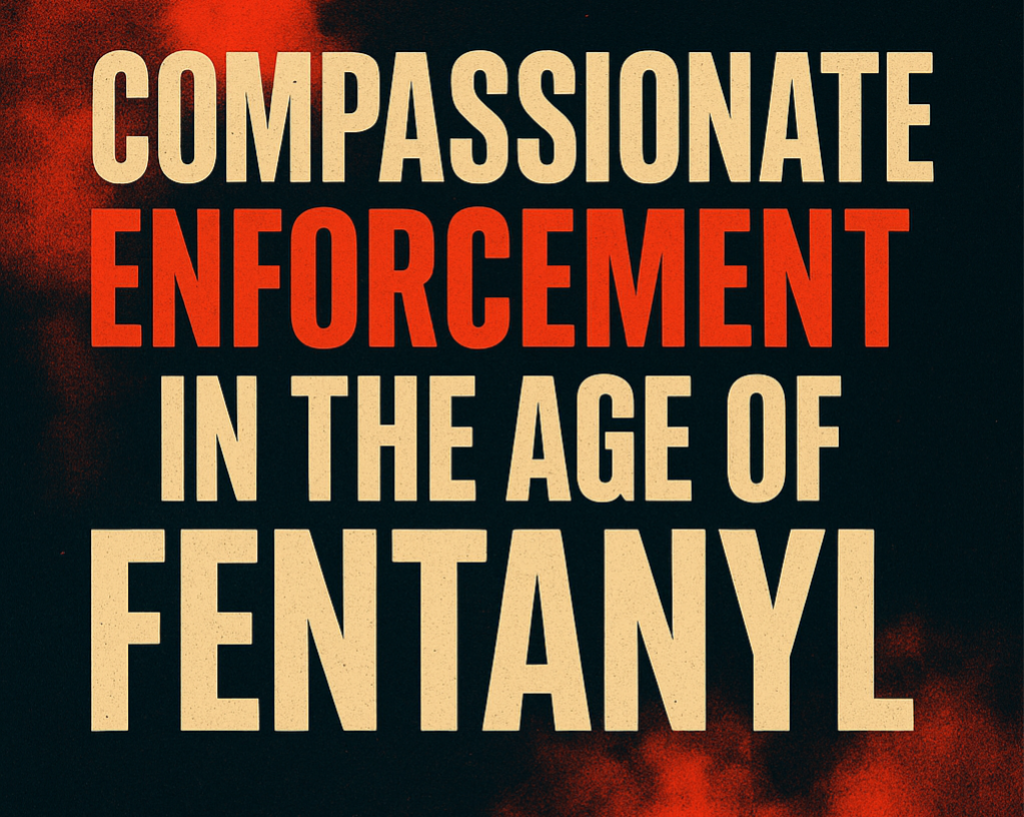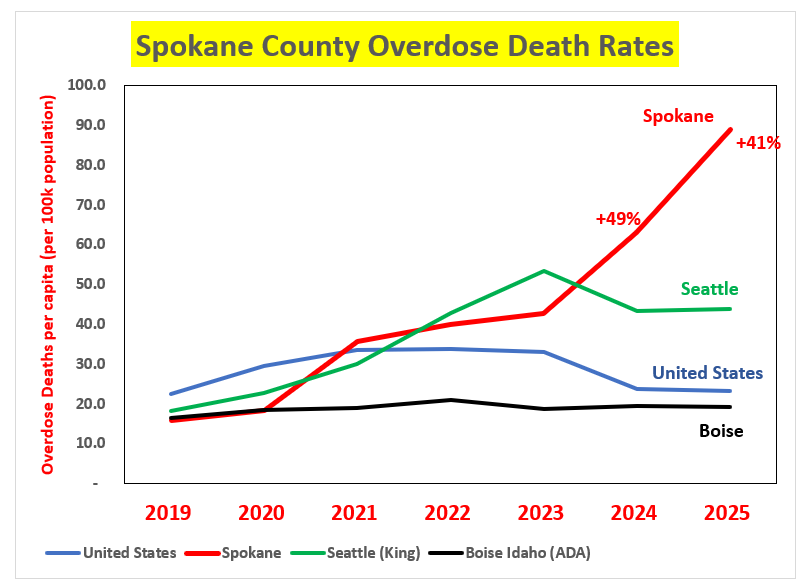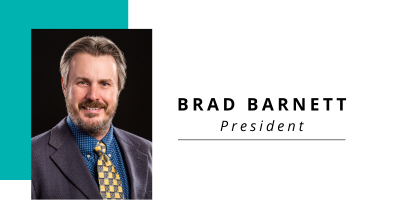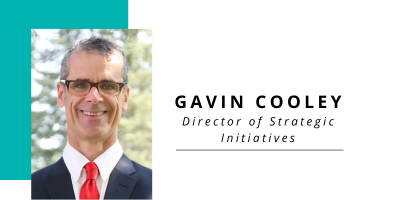|
|
MAY 15, 2025 |
|
|
|
|
Spokane is on track to lose nearly 500 lives to overdose this year—almost 10 every week. Among U.S. counties, Spokane now appears to have one of the highest overdose death rates in the country. In fact, I have yet to find a single county with a higher projected per-capita rate. |
|
|
Sources: CDC National CDC State/County ; trendline projections for 24/25 ; Spokane local data 24/25 |
|
Why focus so much on overdose deaths? Because they are the most visible and devastating sign of a human crisis we must finally confront. They are also a clear indicator of the broader health and safety emergency that continues to overtake our city.
And if those reasons aren't enough, this crisis poses a profound threat to Spokane’s economic vitality, business environment, and cultural identity. Too many downtown storefronts sit empty. Office vacancy is approaching an all-time high of 30%. Families are avoiding public spaces. The effects of inaction are eroding the very fabric of our community.
A recent voter survey by Greater Spokane Inc. (GSI) found that chronic homelessness, drug addiction, and public safety are the top concerns among Spokane voters—while perennial issues like roads and jobs barely registered. Perhaps most troubling: only one in ten voters feels optimistic about Spokane’s future. These are sobering numbers—but they are also a call to action.
But in the fentanyl era, it must be the right action.
Other West Coast cities are beginning to pivot toward compassionate enforcement—combining accountability with care—to guide people into the medical treatment they need, recognizing that delayed intervention in the age of fentanyl too often means death.
Unfortunately, Spokane risks heading in the opposite direction. The city has recently proposed new ordinances that increase emphasis on outreach and defer enforcement for illegal sitting, lying, obstruction, and camping. These delays eliminate the ability to act at the point of interaction—the moment that is often most critical for connecting individuals to treatment and saving lives.
Losing that moment isn’t good policy. It isn’t compassion. It’s paralysis—yet again—on our community’s most urgent crisis. |
|
|
Mayor Lisa Brown, alongside Council Members Zach Zappone and Paul Dillon, recently announced new ordinances - “Comprehensive Homeless Strategy” on May 1. |
|
What is most lacking in these proposed ordinances is an understanding that fentanyl obliterates the ability to choose treatment. 'Readiness' doesn’t simply emerge—not like it once did with alcohol, or even heroin. Fentanyl is 100 times stronger than morphine and 50 times stronger than heroin. It hijacks the brain, eroding decision-making and self-agency. |
|
|
* U.S. Drug Enforcement Agency |
|
This is why enforcement matters—but not in the way it once did. Gone are the days of convicting people for mere drug possession. Cities like Portland now embrace compassionate enforcement—treating addiction as a medical issue while ensuring public systems have the power to act. After years of chaos under Measure 110, Portland has reinstated legal consequences paired with deflection: the opportunity to choose treatment instead of prosecution.
As Rolling Stone recently reported, this “tough love” model works. It connects people to detox and long-term care—not through punishment, but through structured urgency. Critically, it allows for immediate intervention at the moment of infraction—whether it’s sitting, lying, or illegal camping. In the fentanyl era, delay can mean death.
The article highlights that Portland’s approach now seeks a balance between care and coercion—a balancing act Spokane must quickly embrace.
We remain hopeful that the proposed ordinances can be fixed. As Councilmember Paul Dillon reminded me yesterday, the ordinances are not final. That gives Spokane a crucial opportunity: to preserve the compassionate intent behind these proposals while also ensuring our public servants have the legal tools they need to intervene—and save lives. It’s also a path forward to protect our city’s health, safety, and future. |
|
|
LEADERSHIP |
|
|
|
|
ACCESS TO ADVOCACY |
|
|
|
BOARD OF DIRECTORS |
|
|
|







